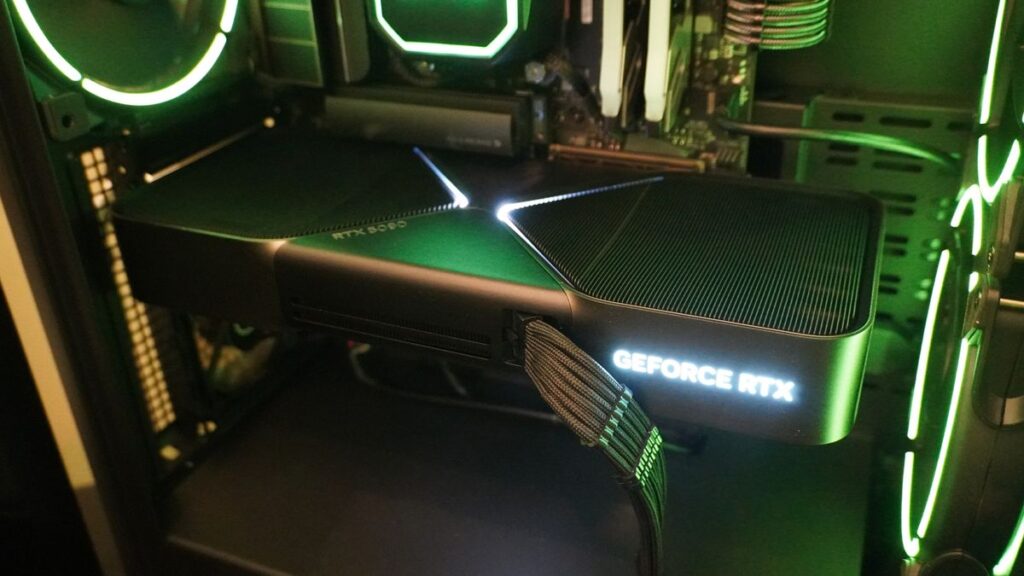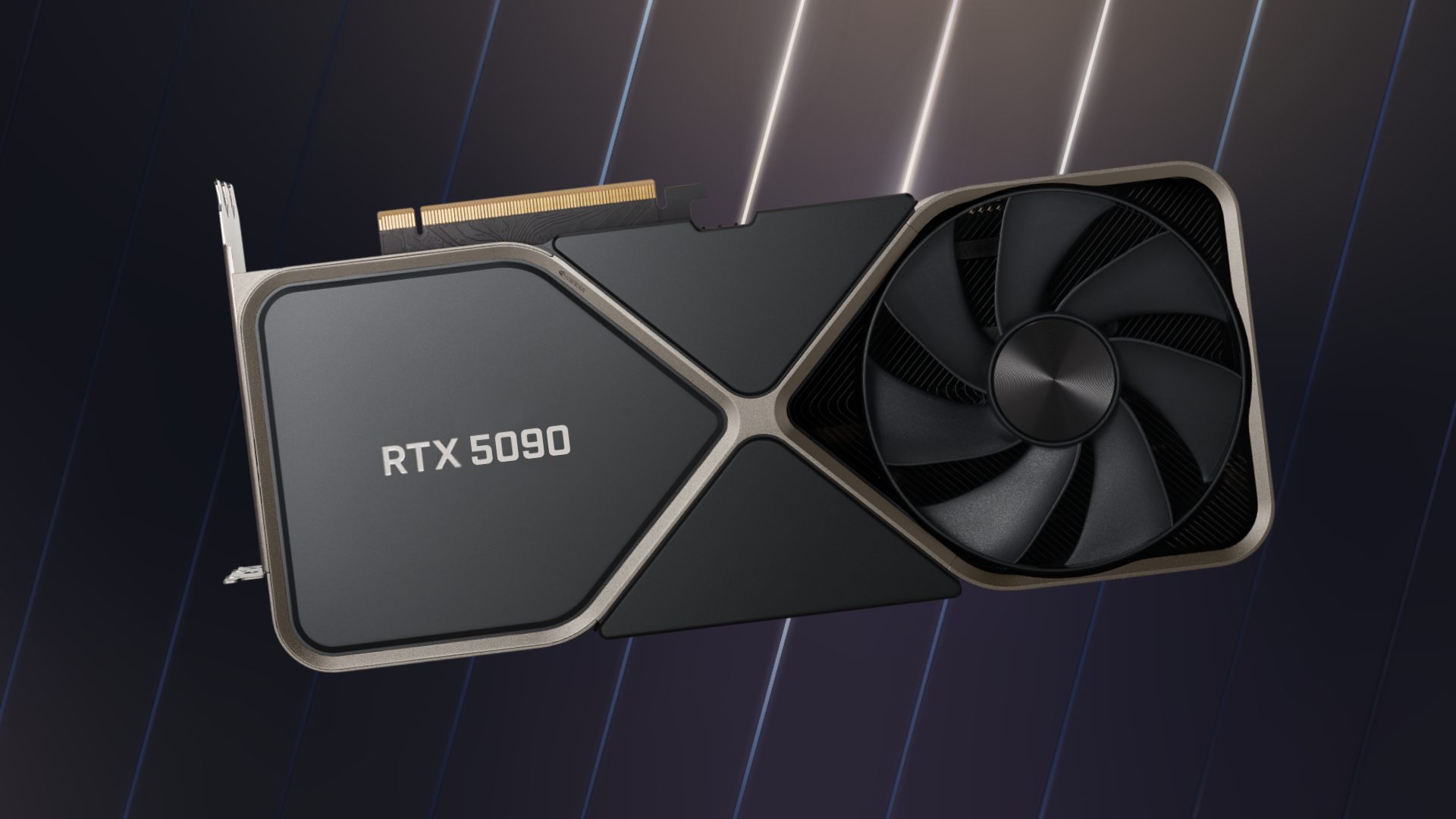
Nvidia’s latest RTX 5090 graphics cards have been flying off the shelves, with demand vastly outpacing supply. However, early adopters might want to reconsider their eagerness as new concerns about power connector failures have surfaced. Reports have emerged of melting connectors and potential overheating issues, sparking fears of a repeat of the RTX 4090’s infamous power-related failures.
One of the first incidents was shared by Reddit user /u/ivan6953, who reported that his RTX 5090’s power connector melted while playing Battlefield V. According to his account, the GPU was securely installed with a properly seated power cable, yet he detected a burning smell before shutting down his system. Upon inspection, he discovered significant thermal damage to both the GPU’s power port and the PSU-side connection. His setup drew around 500 to 520 watts, well within the card’s 575W TDP rating, making the failure particularly concerning. Although some attributed the issue to the use of a third-party cable, Ivan insisted the cable had worked flawlessly with his previous RTX 4090, casting doubt on user error as the cause.
This issue is especially troubling given Nvidia’s previous assurances that the new RTX 50-series cards would eliminate the melting power plug problems seen with the RTX 4090. The company had implemented sense pins to improve safety and prevent overheating, but this recent case suggests the fix may not be as effective as hoped. Hardware expert and YouTuber Roman “der8auer” Hartung conducted his own tests on an RTX 5090 Founders Edition, monitoring power delivery and temperature fluctuations. His findings were alarming—two of the 12VHPWR cables heated up to 150°C within minutes, with one cable bearing significantly more current than the others. Given these results, he halted testing to avoid catastrophic damage, concluding that the problem was “extremely concerning.”
This situation recalls the widespread failures of the RTX 4090, which led to a class-action lawsuit against Nvidia due to melting connectors. While the RTX 5090 was supposed to have addressed those issues, early indications suggest that similar flaws persist. Hartung speculated that Nvidia should have incorporated dual power connectors to better distribute the power load, possibly mitigating these failures. With the RTX 5090 still in limited supply, additional cases may emerge as more units reach consumers. For now, affected users are encouraged to report issues directly to Nvidia for further investigation.




